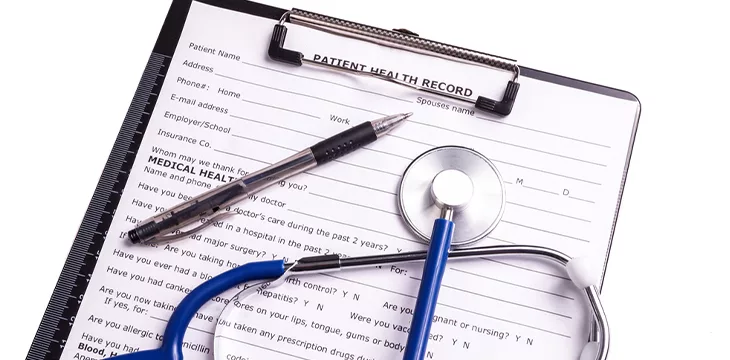|
Getting your Trinity Audio player ready...
|
A U.K. inquiry by the Times Health Commission concluded that ‘patient passports’ that enable people to share their medical data with doctors, nurses, and pharmacies are hugely popular.
It’s no secret that the British National Health Service (NHS) systems are outdated and in dire need of transformation. Patient passports would create an all-in-one digital source of records.
Separate YouGov polls show that 81% of British people support digital health accounts, and 89% support patients to be automatically allowed to access their own data.
It’s thought that patient passports would reduce bureaucracy and empower patients. Similar systems already exist in Spain, Singapore, Estonia, Denmark, and Israel.
Patient passports would be better off on a scalable public enterprise blockchain
Patient passports would create a much-needed change in NHS systems, but the database they pull from should be a scalable public enterprise blockchain. A blockchain-based system would offer three primary benefits: enhanced security, better record management, and create a new data marketplace that could raise funding for the NHS.
On the security front, blockchains time-stamp and record every event that occurs on them, including new data entries and accessing old ones. This creates a watertight security system for some of the most sensitive data imaginable: medical records.
Applications like Sentinel Node demonstrate how blockchain technology can secure file systems. Snapshots of the system are taken and recorded on a blockchain, alerting system administrators when unauthorized file changes or system breaches occur.
Yet, storing fingerprints of the data on the blockchain itself has additional benefits. Blockchain is essentially a distributed database, it leaves no central ‘honey pot’ for attackers to breach. Combined with the advanced cryptographic algorithms on blockchains like BSV, British medical records would be extra secure.
A revolution in record management
Blockchains could make life easier when it comes to record management, too. Whereas centralized databases can be breached and altered, with records accessed, updated, and even deleted without leaving a trace, no such thing is possible on blockchain-based systems.
Every update would be time-stamped and written to the ledger, leaving no doubt about what happened and when. Record updates are as easy as writing a new entry to the ledger, and all records would be cryptographically signed by a GP or authorized private doctor.
Better yet, medical records could be associated with a person’s wider blockchain-based identity. To learn more about how identity systems could be built on the original Bitcoin system and the benefits of having them, check this article.
New revenue for the NHS
If better record management and enhanced security aren’t enough, the NHS could also benefit from increased funding by having patient records on the blockchain.
Micropayments could be made when researchers access patient records (with permission), and the revenue could be split between the NHS and the patient.
If data is the new oil, the NHS is sitting on one of the largest untapped reservoirs on the planet. Right now, that can’t be easily monetized due to privacy and security concerns. If records are anonymized on the blockchain, allowing only relevant data to be shown without giving away confidential information, it could open up a whole new revenue stream for the cash-starved National Health Service.
In any case, the popular patient passports would be infinitely better if the database they pull records from is distributed, cryptographically secured, and verifiably accurate. The BSV blockchain could be just such a solution.
Watch: Identity & privacy apply to Bitcoin—here’s how

 02-21-2026
02-21-2026 




